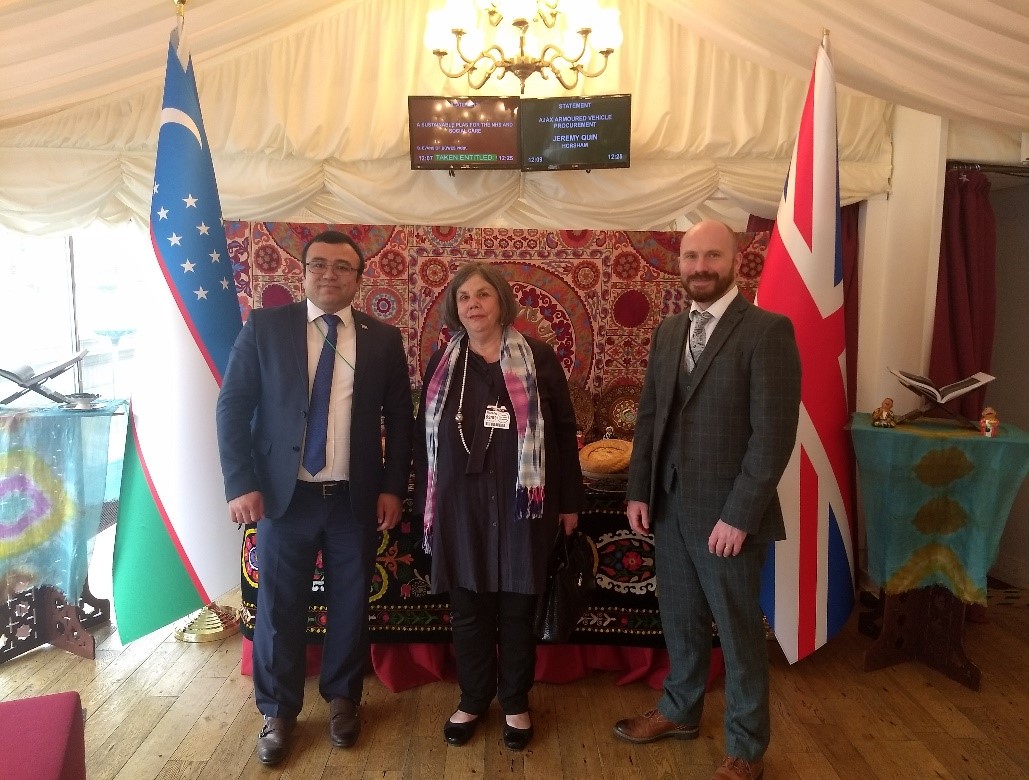Oscar Eckenstein and the Richard Burton Collection
This Thursday marked the 162nd anniversary of the birth of the mountaineer, Oscar Johannes Ludwig Eckenstein (9th September 1859 – 8th April 1921).
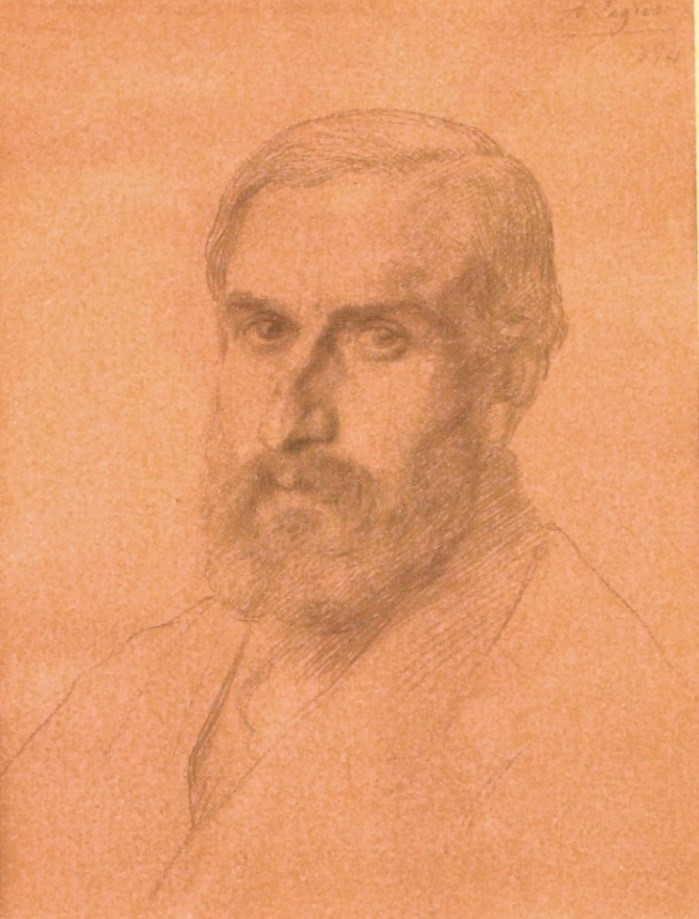
Eckenstein was born in London to a Jewish father, who had fled Germany following the failed revolution of 1848, and an English mother. In his early years he trained as a railway engineer and was employed by the International Railway Congress Association which gave him many opportunities to travel. However, mountaineering was where his real interests lay, and he became a pioneer in the sport of ‘bouldering’, contributing articles on the subject whilst becoming an innovator of modern climbing techniques and equipment. Eckenstein also led the first serious climbing expedition to the Asian mountain K2 in 1902. Although the climb was eventually abandoned, the team reached 6,525 metres which was a remarkable feat considering the lack of modern transportation and climbing equipment in the early 20th century.
Eckenstein and Sir Richard Burton
Eckenstein was also interested in the work of Sir Richard Francis Burton and he collected a range of books and pamphlets which Burton had written. It is unclear why Eckenstein took such an active interest in collecting Burton’s work. It was likely that Eckenstein saw parallels between his own career and that of Burton. His former mountaineering colleague, Aleister Crowley, offered further insight into Oscar’s links with Burton in his book ‘The Confessions of Aleister Crowley’. He wrote that ‘Sir Richard Burton was my hero and Eckenstein his modern representative’. The Society’s former Archivist Nancy Charley spoke about this relationship in more depth as part of a lecture about the Society’s collections in 2017. Ed Weech and Nancy Charley – Exploring the RAS Collections | Backdoor Broadcasting Company
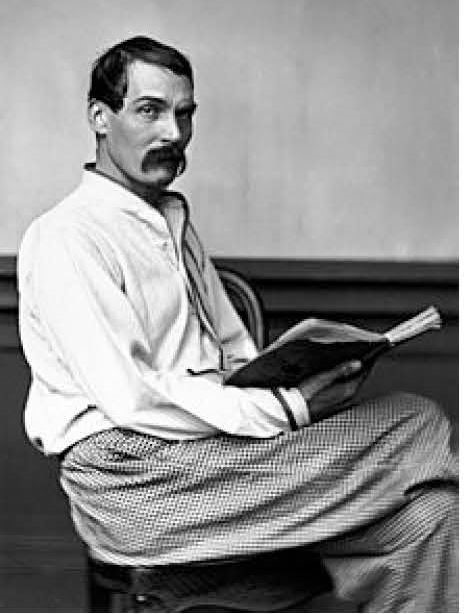
After Eckenstein’s death in 1921, the collection of Burton material was passed to his friend Lewis Christopher Lloyd who donated them to the RAS in 1939. However, correspondence in the collection shows that the ownership of the material was disputed with plans for the material to be transferred to Norman Mosley Penzer who was a Fellow of the Society. Penzer was known as an eminent authority on Burton’s life and work and had founded the Richard Burton Memorial Lecture at the Society. However, for reasons unknown, Eckenstein changed his mind on transferring his collection to Penzer and there is a letter in the collection by Penzer’s Solicitor who threatened legal action to Eckenstein for refusing to proceed with the sale of the collection. Eckenstein died before a solution was reached.
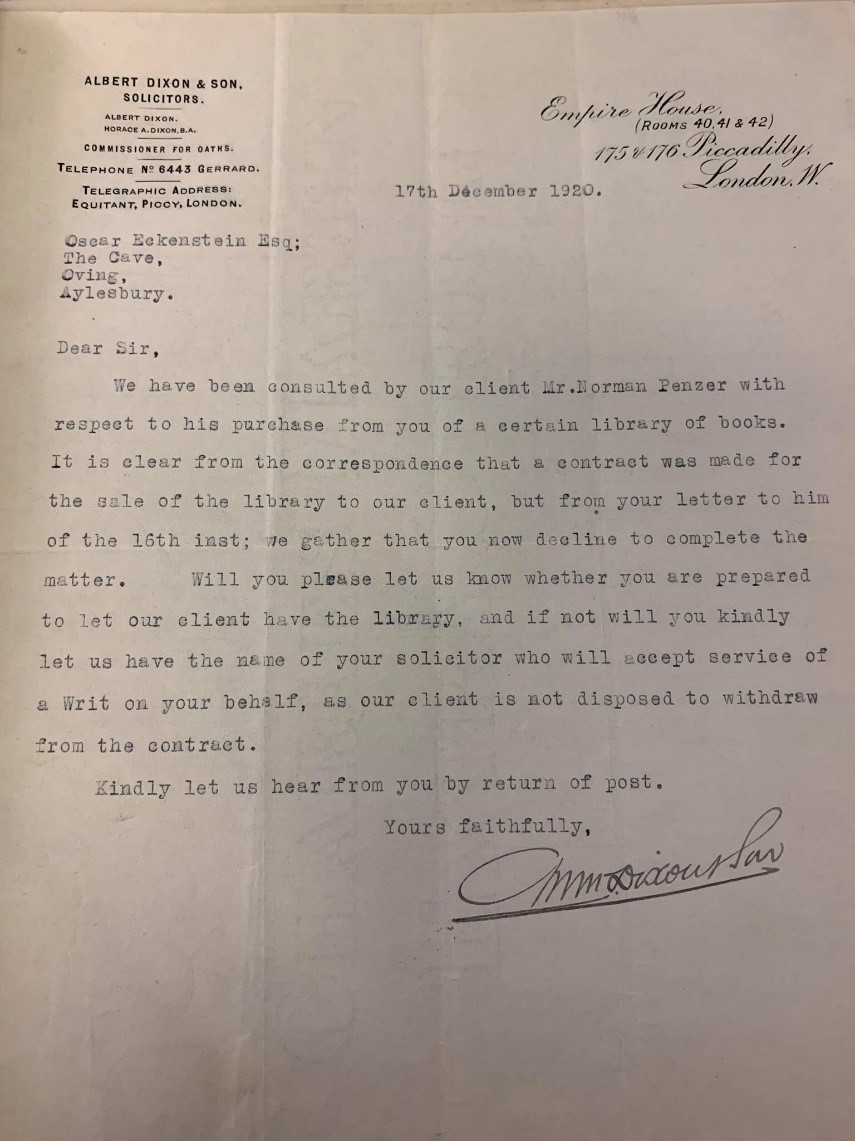
A section in the Society’s journal from 1939 shows the value of Eckenstein’ s collection which includes a copy of every edition of all of Richard Burton’s books, a large number of pamphlets and articles, copies of books written by Lady Burton, correspondence, photographs and various biographies of Burton. For anyone interested in knowing more about this collection, the archival papers of Burton were catalogued by the Society’s former Archivist and the listing can be found here: The Papers of Richard Francis Burton – Archives Hub (jisc.ac.uk) Alongside Eckenstein’s collection, there are other items relating to Burton which were donated to the Society through other sources.

Book Launch:
Please join us at 5:30pm on Friday 17th September for the online book launch of ‘Reflections on Mughal Art & Culture: Words and Images in Mughal Chronicles’ with talks from Roda Ahluwalia (Editor) & Professor Kavita Singh (Contributor).
Reflections on Mughal Art & Culture, explores the rich aesthetic and cultural legacy of the Mughal Empire with new, insightful material researched by 13 leading scholars in the field. During the first half of this presentation, Roda Ahluwalia will explore the diversity in chapters as well as common threads that run through them, unifying the book in aesthetic and cultural identity. This will be followed by Professor Kavita Singh (School of Arts and Aesthetics, JNU, Delhi), who will discuss her contribution to the volume through the text-image relationship of select examples from the Akbarnama, Jahangirnama and Padshahnama to show significant divergences between the words and images that often faced each other across the page.
If you would like to attend, please email mb@royalasiaticsociety.org to register. We look forward to seeing some of you there!
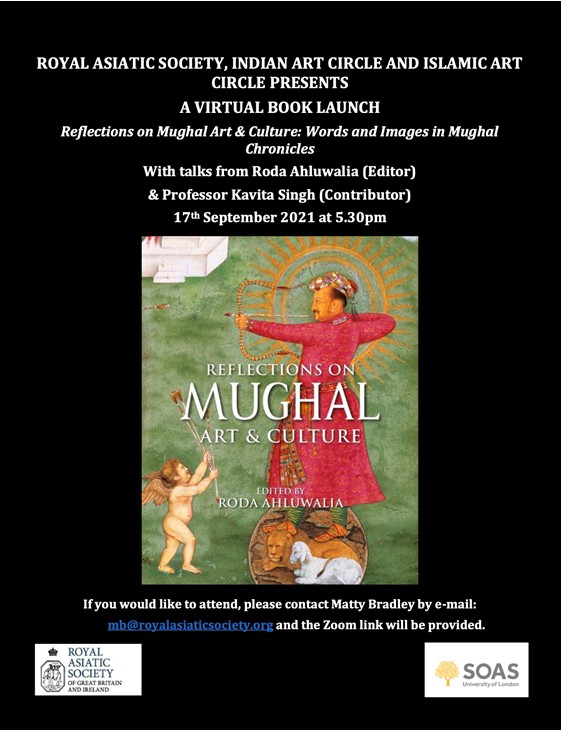
Uzbekistan Independence Day Reception:
The Society’s Director, Alison Ohta, and Librarian, Edward Weech, were pleased to attend a reception at the House of Lords this week, celebrating thirty years of the independence of Uzbekistan. The Society’s collection includes several important manuscripts pertaining to the cultural heritage of Uzbekistan, which can be consulted in the Society’s Reading Room. We hope to make these even more accessible to wider audiences in the future.
